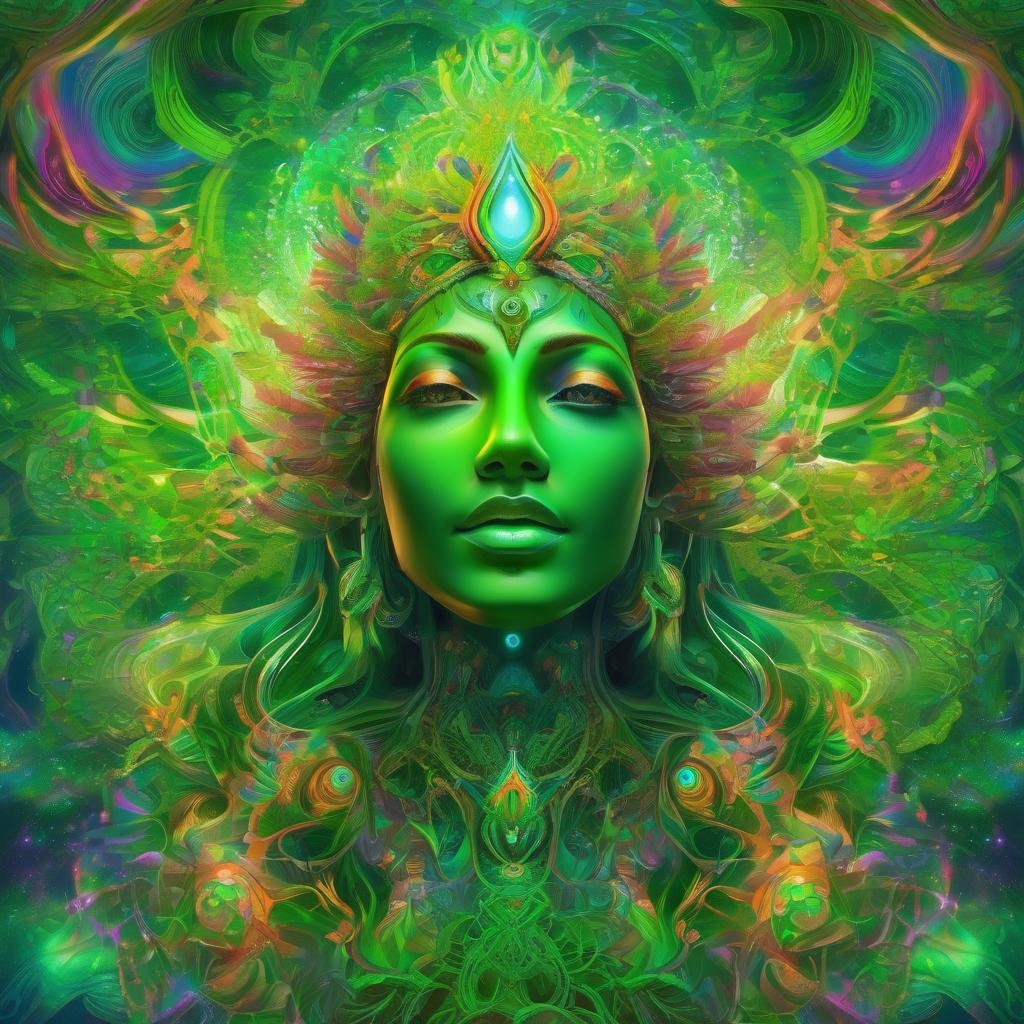Authenticity is a cornerstone of personal development and growth, and it plays a significant role on the spiritual path. By definition, authenticity involves being true to one’s self, expressing one’s genuine thoughts, beliefs, and emotions. On the spiritual journey, this concept becomes even more profound as it encourages living in alignment with one’s true nature and purpose.
To start with, authenticity on the spiritual path involves self-awareness. It requires individuals to delve deep within themselves, uncover their core beliefs, values, and desires, and differentiate them from societal or familial expectations. This process often begins with introspection and mindfulness practices, which help individuals recognize and discard layers of conditioning that obscure their true selves. Through meditation, journaling, or therapy, one can gain clearer insights into what truly resonates with them, allowing for a more genuine mode of being.
Spiritual authenticity also necessitates vulnerability. It invites individuals to embrace their imperfections and to approach life with openness and honesty. By admitting faults and acknowledging personal limitations, one grounds themselves in reality, fostering connections with others who appreciate and accept them for who they are. Such interactions can be incredibly enriching, providing mutual support and understanding. This vulnerability cultivates empathy and compassion, leading to deeper relationships and a more profound connection to the divine or universal consciousness.
Moreover, authenticity enhances integrity on the spiritual path. Living authentically means aligning actions with personal values, which can lead to a sense of stability and peace. When the external expression of life reflects the internal truth, there is less internal conflict, making it easier to navigate challenges and changes. This integrity is vital, as it acts as a guidepost, helping individuals make ethical decisions that ring true to their conscience, reinforcing their spiritual principles.
The relationship between authenticity and spiritual growth is also dynamic. As people grow spiritually, their understanding of authenticity evolves. This journey is not static but an ongoing process of self-discovery and realignment. As individuals learn more about themselves and the world, they may find that what was once true no longer holds, prompting further refinement and adaptation of their authentic selves.
In essence, authenticity on the spiritual path is about embodying one’s true essence in everyday life. It’s about stepping into one’s truth and living it unabashedly, while remaining open to growth and transformation. This genuine expression not only nurtures individual spirituality but also contributes positively to the wider community, inspiring others to embark on their own journeys of authenticity and spiritual exploration. Through embracing and living authentically, one finds not just a path to personal fulfillment, but also a deeper connection to the world and the universe as a whole.
